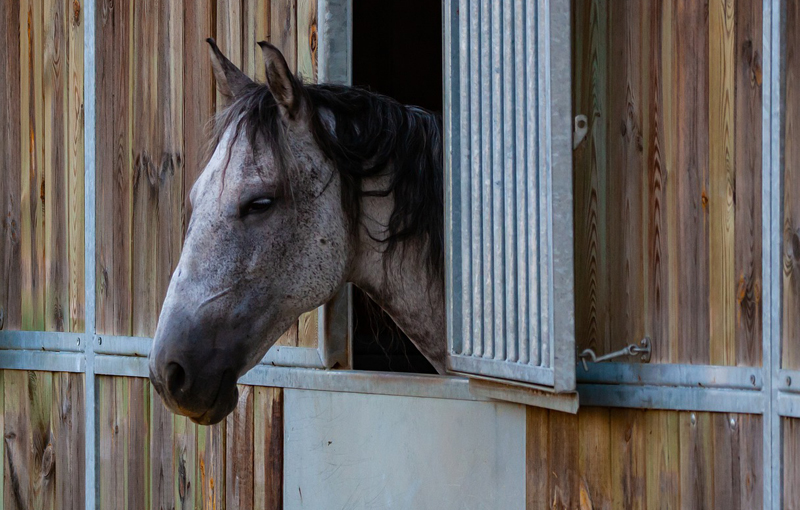On March 31, 2014, the private member’s bill C-571, introduced by Alex Atamanenko, MP (BC Southern Interior), underwent a second reading at Parliament.
The bill seeks an amendment to the Meat Inspection Act and the Safe Food for Canadians Act, which would prohibit horses from crossing provincial and international borders for slaughter (import and export) for human consumption, with the exception of horses who were raised primarily for human consumption and are accompanied by a lifetime health record. It would also ban the production of horse meat products or meat products derived from any other equine, for human consumption.
The second hour of the second reading will take place in about a month, said Atamanenko, at which point, bill C-571 will be debated again. At the conclusion of the discussions, Atamanenko will give a closing presentation in which he will offer rebuttals to any arguments opposing the bill. At that point, Parliament will decide when to hold a vote. Atamanenko said it is hard to pinpoint when that will be, since there are numerous bills in rotation at Parliament.
This brings the debate very close to election time. Atamanenko explained that any changes in government will mean the bill dies. He also noted that he will not be running for a seat in Parliament in the next election, so he will not be moving forward with the issue if it is not decided before then.
With no prior horse experience, Atamanenko said he was approached by the Canadian Horse Defence Coalition several years ago, who educated him on the horse slaughter industry in Canada. “It’s an emotional issue, but the more I learned, the more I realized it was a safety issue,” he said.
Atamanenko said that if the bill were to become law, it would force horse owners and horse organizations to be more responsible. “It would place the onus on owners and organizations to humanely destroy unwanted horses, just as we do for other pets.”
Atamanenko said he believes a lifetime record system for horses could work, though he wasn’t specific on how it would be implemented or regulated. He said, “We have to draw upon the experience of the Europeans, and examine their system in detail because apparently it is working. We need to run a parallel system here.”
This is the third incarnation of the bill that Atamanenko has brought to Parliament. He first introduced a similar bill called C-544 about four years ago.
More from Horse-Canada:




